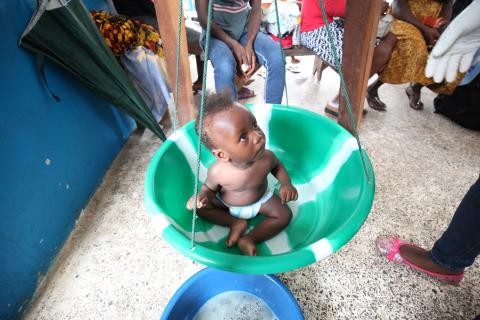
The World Health Organization (WHO) has launched a new package of measures, the Global Scales for Early Development (GSED), to monitor the development of young children at population level up to three years of age.
This, the organization says, will allow for a comprehensive assessment of the development of young children up to 36 months of age, capturing cognitive, socio-emotional, language, and motor skills.
The GSED methodology, which is also available as an App, provides a developmental score (D-score), a new common unit to measure development, to give an overall picture of children’s development which can be tracked over time.
The new GSED methodology is aimed to help countries, programmes, and researchers gather and use data on early childhood development to better invest in services and support needed for young children and their families.
Further, The GSED will help in making more informed decisions to better invest in nurturing care and support children’s right to reach their full potential.
The GSED provides open-access and consistent measures to monitor early childhood development across time and groups of children. It will help generate data that will inform policymakers and governments’ understanding of the barriers to children’s developmental progress in their countries.
This will also enable them to target resources more effectively towards policies and interventions that will support the children most at risk of not reaching their developmental potential.
Countries have long required measures that are valid and reliable to monitor development among children from birth to 36 months but standardized and globally applicable population-based measures have been scarce.
Existing measures were either designed to monitor the development of children after 24 months or lacked sufficient consideration for the diversity of contexts in which children are raised. Other measures required extensive resources to be implemented.
The new methodology was developed based on a common dataset collected from 51 cohorts in 32 countries, of which 30 are low- or middle-income countries, by a multi-disciplinary team of global experts coordinated by WHO.
To date, the GSED measures have been validated in Bangladesh, Pakistan, and United Republic of Tanzania (1248 children per country) and data collection is ongoing in Brazil, China, Côte d’Ivoire and the Netherlands.

Leave a Reply